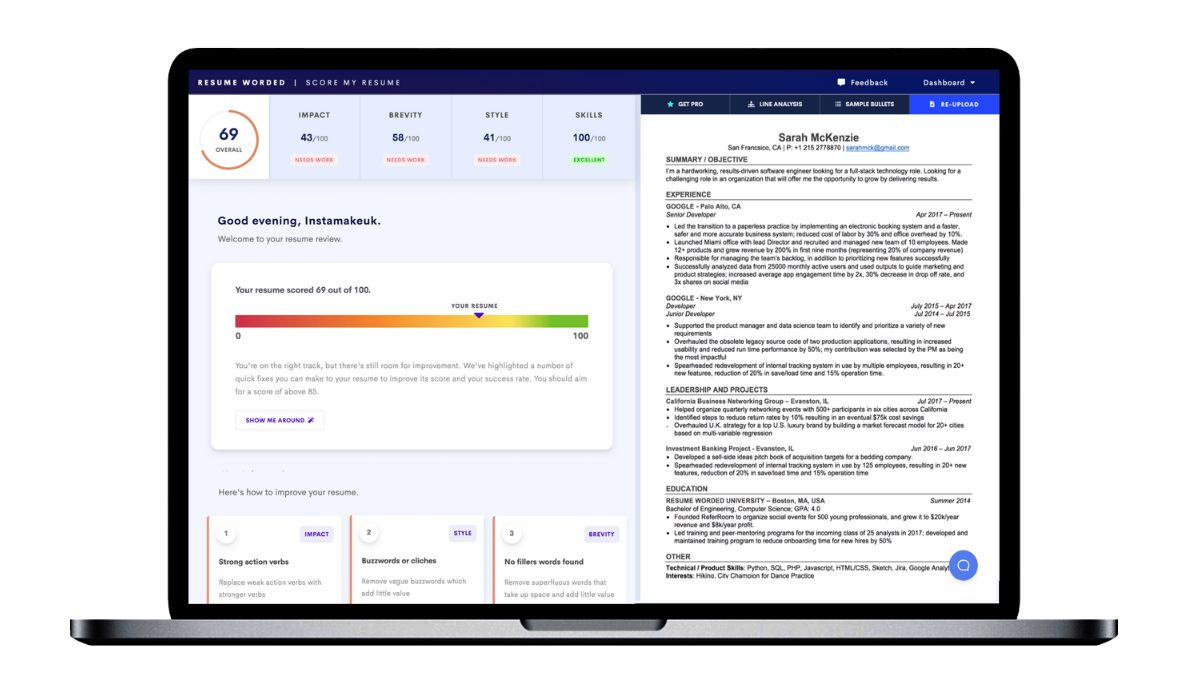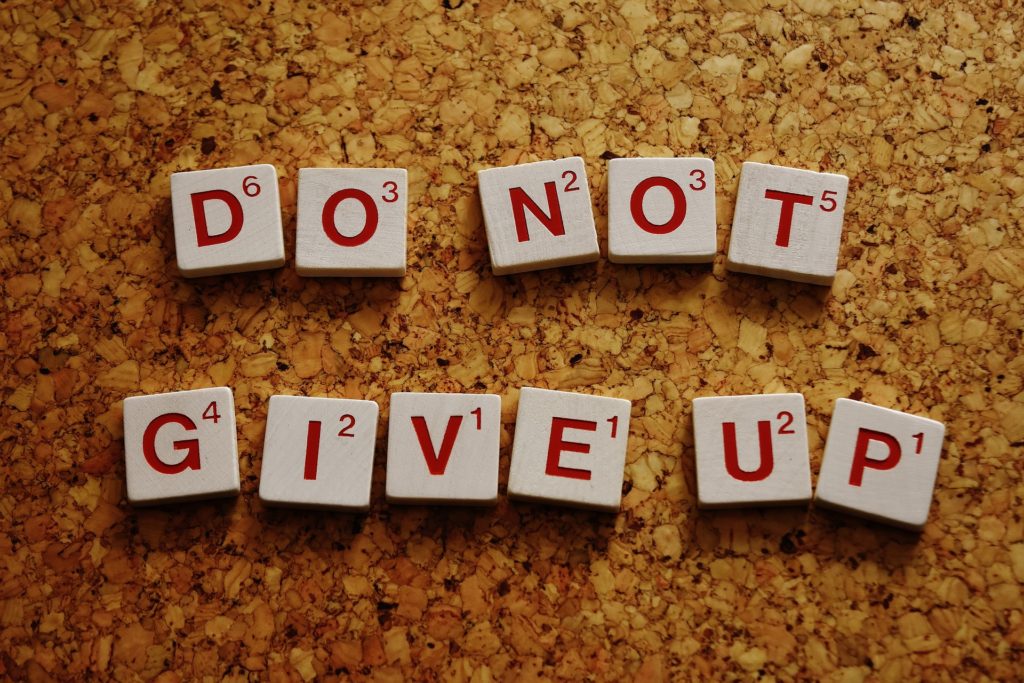Some people often put things off for another time. They say, “I still have enough time to do it; I can start it later.” Familiar? If this sounds like you, then keep reading! Procrastination is one of the things that lead to time management problems wherein you often delay and put off doing tasks until the very last minute. It often leads to unproductivity, and worst–failure.
If you know that you needed to do something- urgent or not, but you are not actually doing it, you are procrastinating. You then lose your focus and don’t realize it until it’s too late. It commonly happens to many people either at home or work.
6 Helpful Tips on How to Stop Procrastinating and Stay Focused
How stop procrastinating? Many factors can lead to procrastination. It could be fear, lack of energy, low self-esteem, and many more. The challenge is ‘how to stop procrastinating’ to stay focused, particularly, if you work at home where distractions are everywhere. Below are some helpful tips that you should consider.
1) Recognize the Problem
By the time you decide not to start to do a task or pieces of tasks yet, ask yourself, “why”? Find the reasons why you can’t focus at home on doing what you intend to do. Is it because of boredom? Frustrations? Is it the negative energy?
When you were able to identify the problems, it will be easier for you to find a solution. Sometimes it’s not only about your intentions to delay your tasks, but it’s about how you feel at the moment. Negative feelings could affect your motivation to act very much.
According to Dr. Tim Pychyl, an associate professor in psychology and a member of the Procrastination Research Group at Carleton University in Ottawa, in avoiding procrastination, it’s not about how you manage your time, yet, it’s about how you deal with your emotions. By avoiding negative emotions associated with the task, you can overcome and even stop procrastinating.
These negative emotions could be:
- boredom
- anxiety
- lack of self-confidence
- devaluation
- anger
- passiveness
- disgust
- isolation
By recognizing the problem behind your procrastination, you are one step closer to overcoming it.
2) Think of a Motivation
After recognizing the problem and dealing with it, find your motivation. Motivations are the factors that push someone to achieve your goals. They are your direction for goal-directed behavior.
Motivations can be hard to build, especially when you work at home. You can’t see any workmates working hard, no bosses to tap you on the shoulder and validate your hard work, those kinds of things.
However, look at it the other way around. When you work at home, you can see your family. They can be your number one motivation. You might be working to sustain their needs, or you are working hard for a promotion, which becomes now your motivation.
There are several types of motivations to stop procrastinating. These are:
- Incentive or Reward-Based motivation
It’s when you are motivated to do a task because of a potential reward once a certain goal is achieved. It can be in a form of cash, goods, or services,
- Achievement-Based Motivation
It is when you work hard to achieve a specific goal as part of your achievements. These achievements can be promotions, titles, and awards. It could also be a sense of self-fulfillment of achieving something.
- Fear-Based motivation
The fear of negative results that can urge you to do something is the fear-based motivation. For example: doing your job perfectly because of the fear of getting bad feedback or being terminated.
- Power-Based motivation
It applies to people who consider power as their motivation.
It is the will of being able to be in control of your own life or anyone else. Or to be above someone or something.
- Attitude Motivation
It’s when you want to do something to improve your attitude. People who want to improve themselves or their social engagements should be attitude-motivated.
- Competence Motivation
Competence motivation helps someone to do his best to achieve competency and push forward. It is best for a person who wants to learn a new set of skills or become an expert in a specific field.
- Affiliation Motivation
If you strive for something that would make others in your group or company validate you, thus, you are using affiliation motivation. It could also be an aim for belongingness or increasing your worth.
3) Start Now
Sometimes the problem of not being able to accomplish something is not starting it in the first place. If you are already aware of your motivations, then start now.- not tomorrow, not next week, not next month, but today! Remember, “What you don’t start today won’t be finished by tomorrow.” Sometimes you are complacent about your ability to do things very quickly that you procrastinate without realizing that you’re extending it.
Your knowledge and skills are useless without action. Learn to turn an intention into action to be more productive. The sooner you get to start doing things, the more things you can accomplish.
Now, how do you start immediately to stop procrastinating?
- Be a “Morning Person”
Start doing your tasks in the morning. A “morning person” goes to bed early and rises early in the morning. As your body and mind become regenerated during your long sleep, you will more likely function best in the morning.
- Preserve your high energy hours
Identify the time of the day where you feel most energetic. Instead of doing unnecessary things during those times, do your tasks and accomplish them. In that way, your workloads are lesser when your energy subsides.
- Create a to-do-List
You need to know what to do first, so you should create a step-by-step list of tasks. Start with the most complicated ones during your most active time, more likely in the morning. To stop procrastinating, you can make a schedule as well.
4) Divide Your Tasks
Once you’ve decided to start working on your tasks, organize them. In that way, you can start working on the urgent and most important tasks before the least important ones. Completing more complicated tasks is also rewarding as you become less overwhelmed in doing the less difficult ones.
Furthermore, Dividing your tasks into smaller bits would also help you to finish quickly. Sometimes it’s hard to start with a large project given its quantity and complexities. Splitting them down would make it look less intimidating and easier for you to accomplish. It becomes more manageable and would simplify the process, which would avoid procrastination.
Here are some ways to divide your tasks to stop procrastinating:
- Make the urgent tasks first on the list
As I mentioned above, it’s better to do the most complicated things first to stop procrastinating. It will lessen your burden, and you have enough energy to accomplish them.
- Create a Timeline
Creating a timeline will help you move on from one task to another immediately after being completed. It will guide you to do it one step at a time.
- Set Milestones
These are the necessary actions you do that show your progress towards your endpoint or goal. Remember that your milestone should be measurable and achievable.
5) Give Yourself a Deadline
Creating a self-deadline is one of the ways on how to stop procrastinating. A timeline would always remind you of doing it as soon as possible. However, though you aim to finish the tasks the soonest possible time, be sure that the deadline is achievable and reasonable to make your goals attainable.
Not giving yourself a deadline would make you think that you all have all the times in the world where you can just do your tasks whenever you want to. You should have a beginning point, which is today, and endpoint, your desired finish date.
Consider the following in setting your deadlines:
- Make it personal
Set your deadline according to your preference. It should be specific and aligned with your skills and capability.
- Make it urgent
Remember to set the soonest possible deadline. It will prevent you from postponing or extending your job without a sense of urgency.
- Make it realistic
Your deadline should be attainable. Do not set the deadline if it’s far from the possibility of accomplishing at that given time frame. Breaking down your tasks into smaller pieces would make them more realistic.
6) Get Rid of Distractions
Distractions are everywhere, especially in a work-at-home setting. The fact that they are just within your reach, such as phones, television, social media, and many more, would make you procrastinate instead of starting your work immediately.
Your working environment can also be a distraction where you won’t be able to stop procrastinating. A cluttered desk, for example, can affect your focus on doing your work, which will lead to procrastination. If it’s the case, maintain a clean and tidy workplace (can also be a home office), so you can focus at home.
Tips on getting rid of distractions:
- Declutter Your Mind
Make sure that your mind is not preoccupied to allow it to think and function while doing tasks. A busy mind can affect everything else in your body, such as your emotion.
- Prepare Your Workplace
Your workplace has a strong impact on your work accomplishments. Surround yourself with things that would make you feel motivated and would not drag you to sleep instead. Also, learn to deal with work from home anxiety.
- Remove Bad Habits
Bad habits include checking your phone from time to time, checking out social media, opening the fridge to eat, making phone calls, and many more. Anything that you do habitually that affects your productivity are your distractions.















